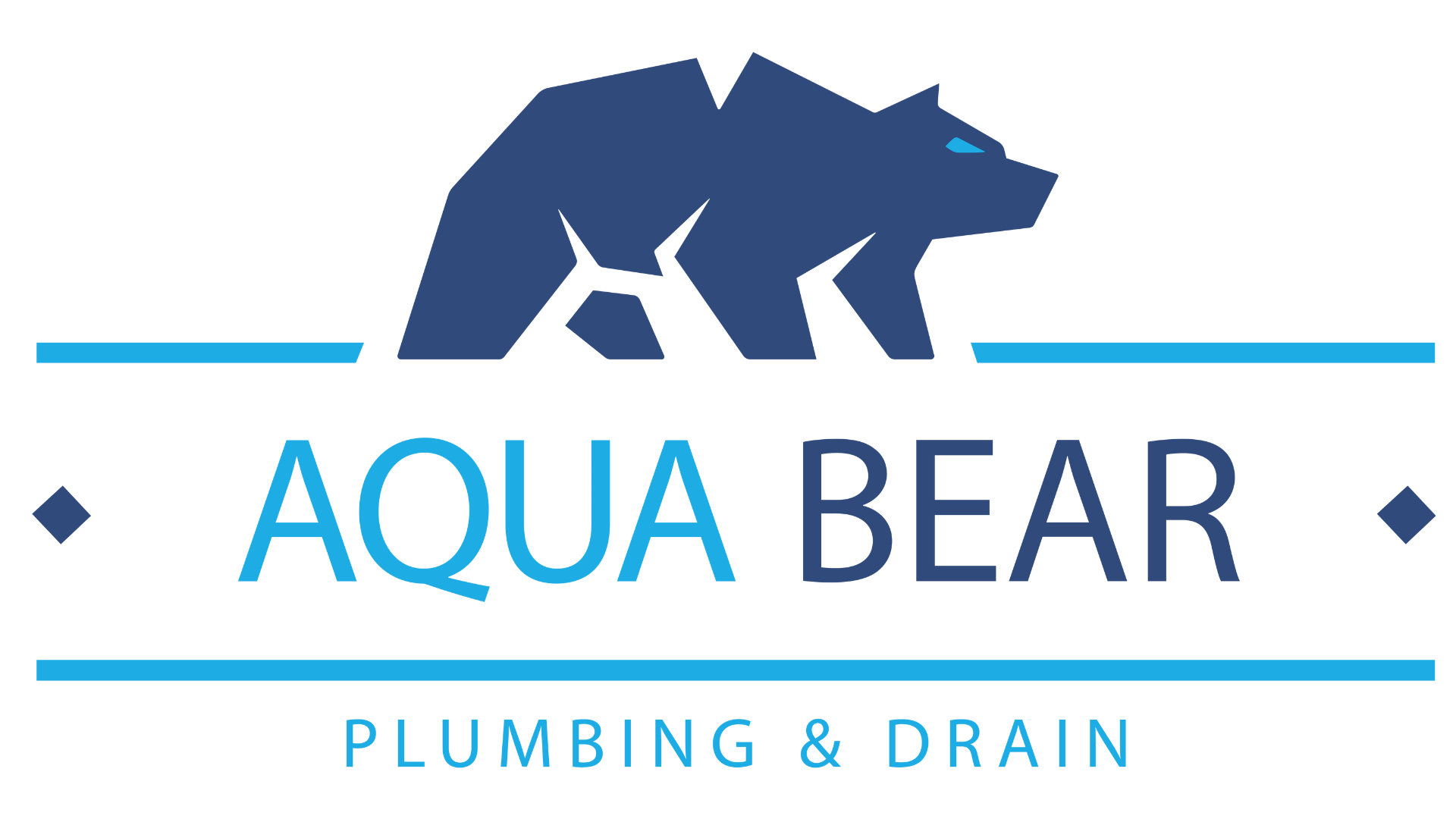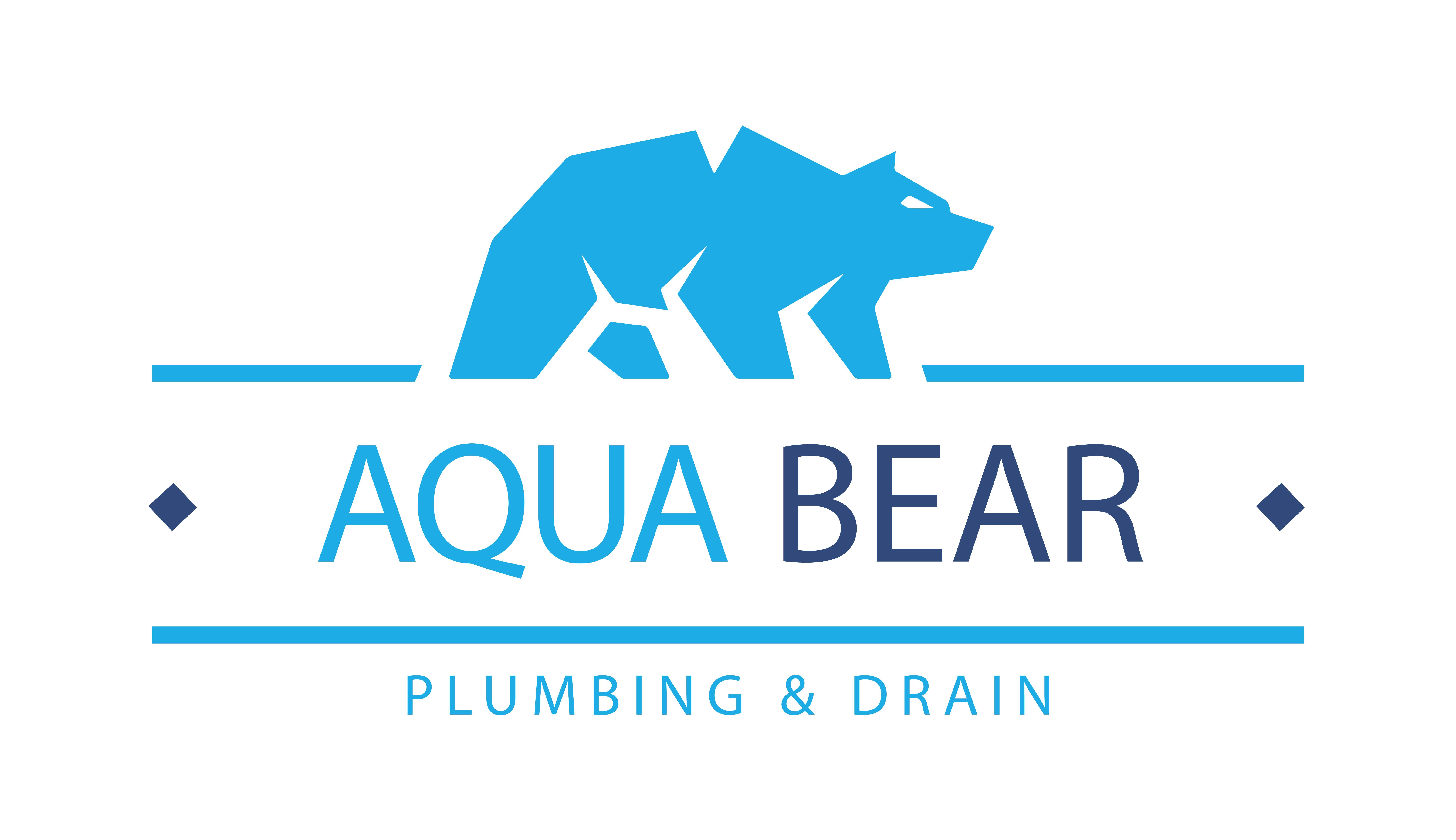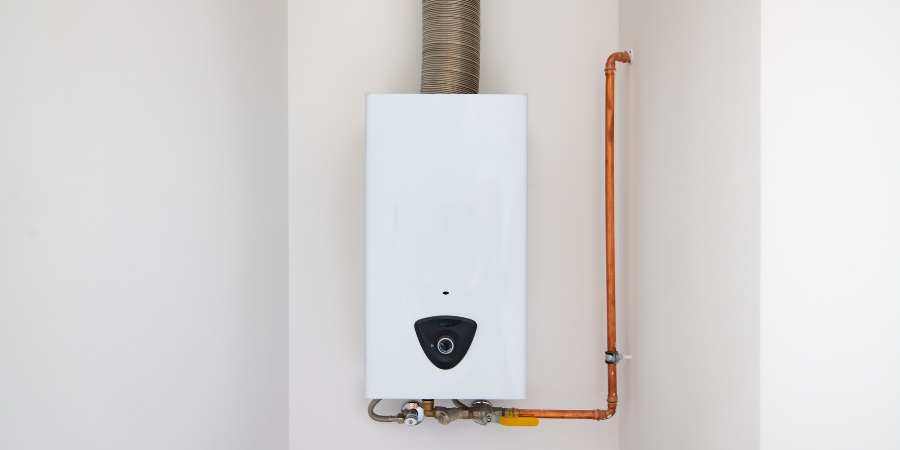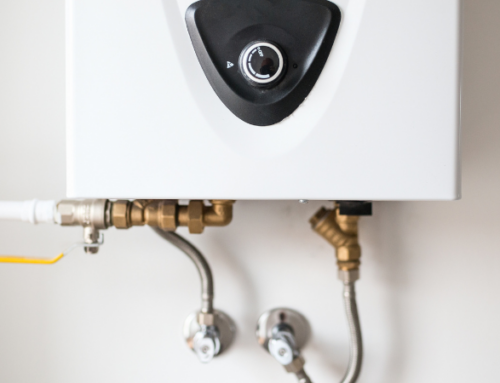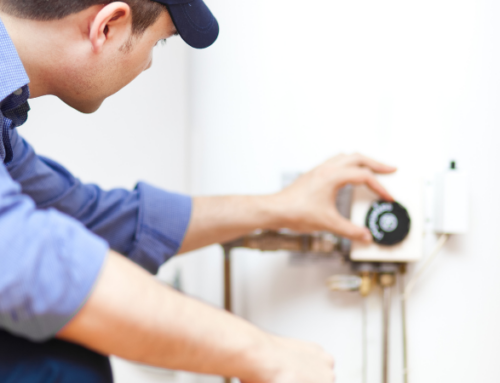The debate between tank and tankless water heaters is one that involves careful consideration of both short-term benefits and long-term impacts on your home’s comfort and budget. In this article, we will explore the differences between these two types of water heaters in detail, helping you identify which might be best suited to your specific needs. By understanding the key distinctions, including performance, cost, and longevity, you can make a choice that ensures you have reliable access to hot water when you need it most.
Understanding Tank-Style Water Heaters
Tank water heaters are the most popular choice for most households and are known for their large storage tanks that continuously heat and store water. This section will delve into how these heaters operate, their benefits, and any potential drawbacks you should consider.
How Tank Water Heaters Work
Tank water heaters function by heating water and storing it in an insulated tank until it is needed. The tank keeps the water hot and ready for use, making it convenient for larger households that require substantial amounts of hot water throughout the day. However, once the stored hot water is depleted, it may take some time for the heater to replenish the supply, which can be inconvenient during high-demand periods. This hot water, when not used, must be heated and reheated continuously which wastes energy and ultimately money.
Benefits Of Tank Water Heaters
One of the main benefits of tank water heaters is their initial cost, as they are typically less expensive to purchase and install compared to tankless models. Additionally, because they have been around for decades, there is a wide range of sizes and models to fit various needs and budgets and all plumbers have the know how to install them properly. The simplicity of their operation makes them reliable, and their straightforward maintenance requirements can also be handled by most plumbers. However, their energy efficiency is often lower than tankless models, especially if your hot water demand is high and you frequently run out of hot water and have to wait for the tank to refill and heat.
Potential Drawbacks Of Tank Water Heaters
While tank water heaters are generally reliable, they do come with some downsides. They can take up a significant amount of space in your home, which may be a concern for those with limited room such as apartment dwellers. Additionally, because they keep a large volume of water hot at all times, they can be less energy-efficient, leading to higher utility bills. Another drawback is the potential for water damage if the tank leaks, as well as the limited lifespan, which is typically between 10 to 15 years.
Exploring Tankless Water Heaters
Tankless water heaters are often marketed as a more efficient and modern solution for providing hot water on demand. This section will explore how they function and the benefits and challenges they present to homeowners.
How Tankless Water Heaters Work
Unlike traditional water heaters, tankless models heat water directly without the need for a storage tank. When you turn on a hot water tap, cold water travels through a pipe into the unit, where a gas burner or electric heating element heats the water. This on-demand process means that you have an instantaneous and endless supply of hot water without having to wait for a storage tank to fill up, making it ideal for homes with higher hot water demands.
Benefits Of Tankless Water Heaters
The primary advantage of tankless water heaters is their energy efficiency, as they only heat water as it is needed. This can result in significant savings on your energy bills over time. They also take up less space, making them ideal for smaller homes or those looking to free up room for other uses. Additionally, tankless water heaters typically have a longer lifespan than tank models, often lasting 20 years or more with proper maintenance. Their ability to provide an endless supply of hot water is a major selling point for many homeowners, especially those with larger families or high water usage.
Potential Drawbacks Of Tankless Water Heaters
Despite their many advantages, tankless water heaters also have some limitations. They usually have a higher upfront cost than traditional tank heaters, both for the unit and installation. They also may require some additions or updates to the home’s infrastructure to accommodate this more modern system. This can be a barrier for some homeowners, though the long-term savings may offset this initial expense. Additionally, tankless water heaters may struggle to provide hot water for multiple simultaneous uses, such as running a shower and a dishwasher at the same time. To address this, some homes may require more than one unit, which can add to the overall cost.
Need Professional Help In Choosing Which Type Of Water Heater Is Best For Your Family?
Choosing between a tank and a tankless water heater involves weighing the pros and cons of each option against your specific needs and budget. Tank water heaters offer a lower upfront cost and simple operation but can be less energy-efficient and take up more space. On the other hand, tankless water heaters provide significant energy savings and endless hot water but come with a higher initial investment and potential limitations in handling simultaneous water demands.
At Aqua Bear Plumbing and Drain, we are dedicated to helping you make the right choice for your home. Our team of experienced professionals is ready to assist you in evaluating your current system and determining which type of water heater best suits your needs. Whether you’re considering a traditional tank model or a modern tankless unit, we offer expert installation and maintenance services to ensure your hot water system operates efficiently and reliably. Contact us today to explore your options and enjoy outstanding water heating solutions tailored to your home’s requirements.
